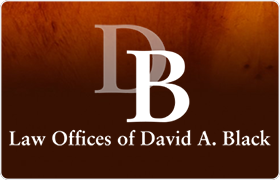Phoenix Juvenile Law Lawyer, Arizona, page 2
Sponsored Law Firm
-
 x
x

Click For More Info:
-
Law Offices of David A. Black
40 North Central Avenue Suite 1400 Phoenix,AZ 85004» view mapAssault, Appeals, DUI, Drug Crimes Phoenix Criminal Defense Lawyer
We have years of experience successfully defending clients. Being accused of a crime is simply that – an accusation. We will vigorously defend your rights.
800-975-4680
Joy LeAnn Riddle
Criminal, Litigation, Juvenile Law, Government Agencies
Status: In Good Standing Licensed: 14 Years
Janelle A McEachern
Juvenile Law, Other, Federal Appellate Practice, Family Law
Status: In Good Standing Licensed: 29 Years
Taylor Stewart House
Juvenile Law, Family Law, Bankruptcy, Bankruptcy & Debt
Status: In Good Standing
Rebekah Sharon Bell
Litigation, Family Law, Divorce & Family Law, Juvenile Law
Status: In Good Standing Licensed: 17 Years
Ian Nicholas Service
Other, Family Law, Juvenile Law, Criminal
Status: In Good Standing Licensed: 15 Years

 David A. Black Phoenix,AZ
David A. Black Phoenix,AZ Contact UsContact the Firm
Contact UsContact the Firm About UsLearn More About Us
About UsLearn More About Us
